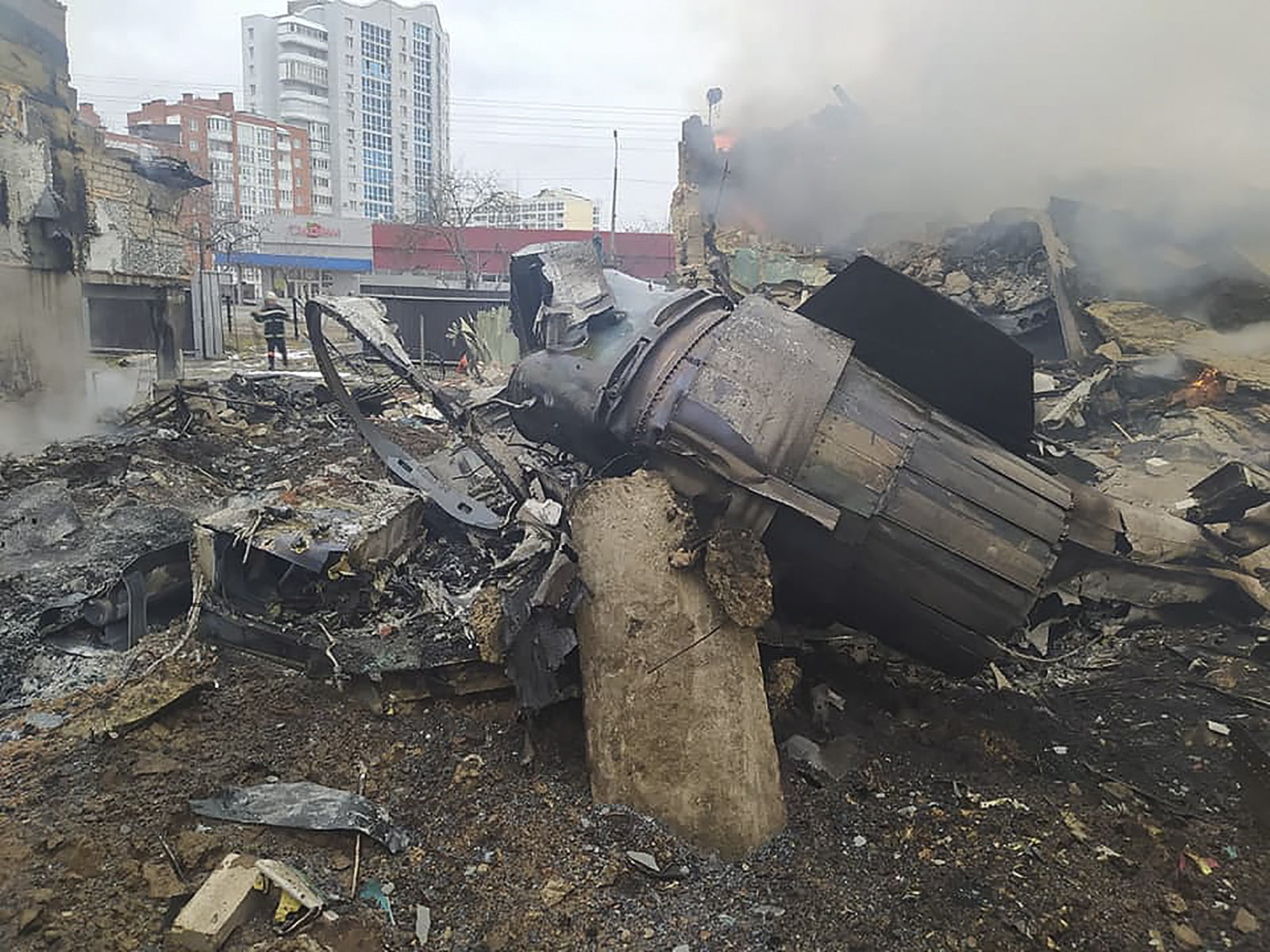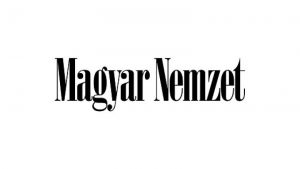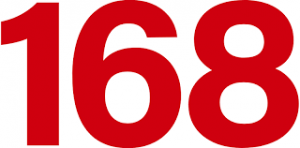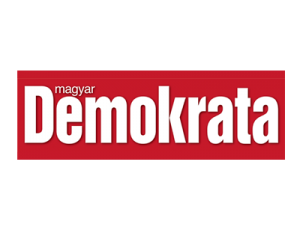
Pundits and political analysts across the political spectrum ponder if and how the Ukraine war might impact the party preferences of Hungarians and therefore the outcome of the Parliamentary election in four weeks’ time.
Hungarian press roundup by budapost.eu
Background information: according to a survey published by the Nézőpont Institute, 61 percent of Hungarians believe that PM Orbán can stand up for Hungarian interests better than Péter Márki-Zay, the opposition frontrunner in the April election. Only 10 percent of respondents, and 43 percent of opposition voters, consider Márki-Zay more fit for that task than Orbán. 80 percent of respondents agree that Hungary should not send weapons to Ukraine. In another opinion poll conducted by the Publicus pollster company just before the invasion of Ukraine, 67 percent of respondents said they believe PM Orbán serves the interests of President Putin and is jeopardizing the security of Hungary and Europe. In the same poll, 82 percent agree that Hungary is part of the West, and 88 percent think that NATO membership increases Hungary’s security.

In Magyar Nemzet, József Horváth, an analyst at the pro-government think tank Centre for Fundamental Rights dismisses as irresponsible and amateurish the opposition stance on the Ukraine war. Horváth recalls that opposition politicians called on the government to send arms to Ukraine. This, Horváth believes, is just a political stunt that jeopardizes Hungarian security. Horváth hopes that Hungarians will not put their trust in the opposition at the April election.

In Népszava, former MSZP leader Ildikó Lendvai accuses the Prime Minister of allying Hungary too closely with Vladimir Putin, and increasing her dependence on Russia. Lendvai contends that by now, ‘it is not possible to tell where Russia’s interests end and where Hungary’s interests begin’, thanks to what she sees as the government’s anti-Western and pro-Russian policies. Lendvai believes that it would be unreasonable to entrust the management of the current geopolitical crisis to the current government.

Writing in 168 Óra, Balázs Böcskei ponders the implications of the Ukraine war on the Hungarian Parliamentary election. The left-wing analyst thinks that under PM Orbán, Hungary has become one of the most reliable partners of Russian President Putin, and Hungarian-Russian economic cooperation has boomed. He suggests that after the invasion of Ukraine, voters may turn away from Fidesz and insist that Hungary turn its back on Moscow.

In an interview with Magyar Demokrata, historian Áron Máthé contends that Hungary’s strategic priority is to stay out of the war. In order to achieve this, Hungary should maintain good relations with all major powers in the region, Máthé says. He suggests that the most important lesson of the Second World War is that once Hungary offers arms, it will soon be fully drawn into war. The same would happen again if Hungary followed the advice of the opposition and sent weapons to Ukraine, he concludes.

Heti Világgazdaság’s Árpád W. Tóta claims that Hungary under Prime Minister Orbán has followed President Putin’s illiberal path. The liberal commentator accuses the government and its media hinterland of creating a highly positive image of Russia and its leader and borrowing Russian state propaganda. Tóta contends that after Putin’s invasion of Ukraine, Hungary has become a pariah in the eyes of the ‘civilized world’ for being, as he sees it, an ally of the Russian leader. He goes so far as to suggest that Hungarians have consciously chosen the fate that Ukrainians want to avoid, even sacrificing their lives to make sure they stay free.
Featured photo illustration by MTI/EPA